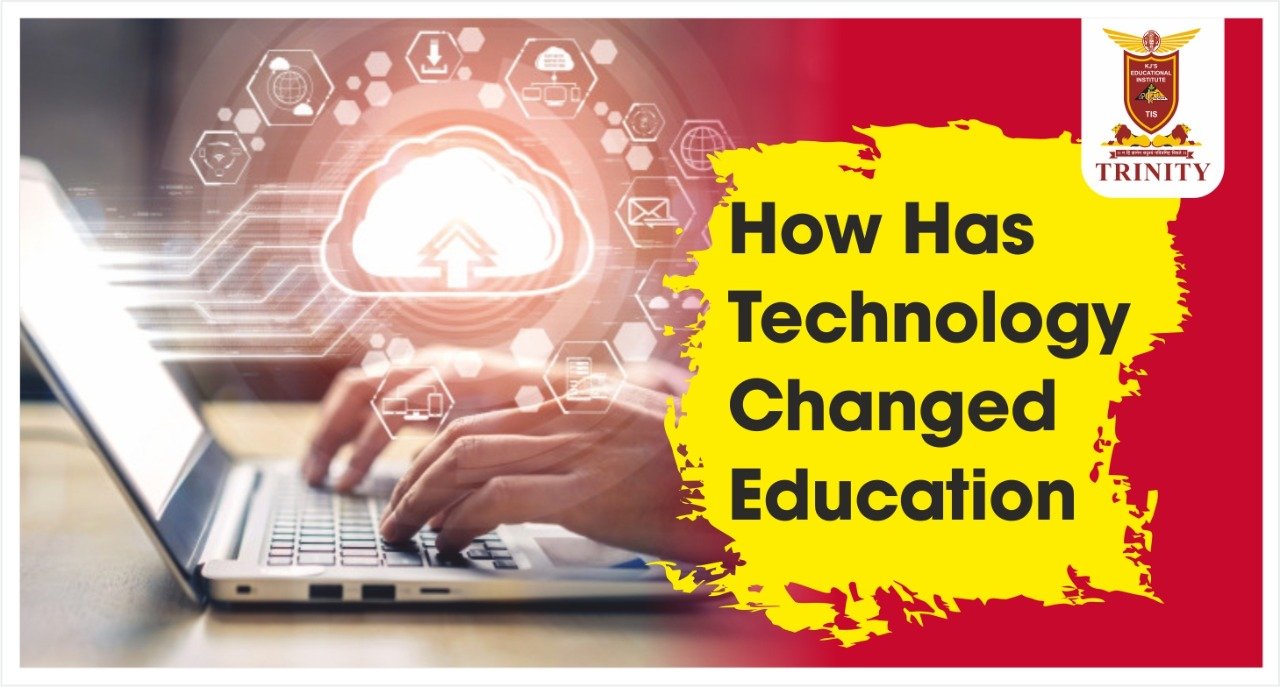
6 Ways on How Project-based Learning Helps Students to Face the Real World
admin@trinityinternationalschool
May 23, 2023

We are glad to share with you that Trinity International School has been recognized as the Best School in Evaluation Process and Excellence in Online Classes Curriculum by The Times Of India’s Times School Survey 2020.
Education plays a vital role in anyone’s lifetime. It is said that once you learn anything or any fact, that piece of information never gets wasted. It is true but not required for the correct upbringing of today’s generation. In today’s world, various internet websites like google, yahoo, Microsoft-bing, Mozilla Firefox, etc, provide all the factual information in just a fraction of seconds. All the theory-based content can be easily found on the internet. Thus, it has now become more vital for future generations to be educated for a practical lifestyle and not a theoretical one.
Project-based learning is a nontraditional education model that seeks to better prepare students for solving real-world problems and issues while teaching them what they need to know to succeed in school right now. Project-based learning structures curriculum around discrete projects, presenting students with multi-step problems to solve or asking them complex questions they are then required to answer. Such projects often force students to use multiple learning techniques to succeed, including research, logical deduction, and iterative learning (trial and error). Since these projects are usually too large and complex for one student to do alone, project-based learning also tends to encourage teamwork.
To enlighten the parents and the local public on the importance of project-based learning for their kids and the upcoming generations, we at Trinity International School believe that the following are the benefits that overcome the various disabilities of academic learning:
1. They bring up the real side.
All the PBLs focus on bringing the real concept that has to be taught while conducting projects while the traditional ways just cover the topics covered by the teachers in the previous lecture.
2. They focus on real-world situations.
PBLs focus on real-world situations by giving practical and live examples and problems for the students. This not only enhances their power to think more logically but also teaches them to recall theories and apply the same logic whenever they come across those situations. While conventional learning would have physics students learn the formula for motion in lecture and apply it in word problems or on a computer simulation, project-based learning would provide students with a ball bearing, a launch mechanism, and a target in a specific location and tell the students to figure out how to hit the target consistently no matter where their launch mechanism is located in the room. The students would have to research the formula for motion and its applications, measure the physical properties of the ball bearing, and then devise a system to determine the correct setting for the launch mechanism based on its distance from the target.
3. It inculcates the HARDWORK attitude.
PBLs give problems to the students and ask them to find a possible solution for the same. Similarly, they present before the students various practical and real-life situations wherein they ask the students to recapitulate their reactions and decisions. This practice enables them to research the topic and come up with different solutions with the same results.
4. The concept remains for a lifetime in their minds.
It is often observed that the students tend to forget the explanations of their teachers on various topics. It is also noted that they mix up concepts with the other subjects or chapters.
The reason? Well, according to various psychological studies from researchers all over the world, it has been concluded that a person remembers 90% of any concept if he/she learns it practically, i.e., he/she experiences the things, 15% of the same thing in case of visual things and 9% of the same if it is heard.
Thus, by PBLs any concept learned is remembered for a lifetime by the students as they practically experience the concepts.
5. Their success rate increases.
Connecting academic situations to the real world are one of the largest benefits of project-based learning. Students learn with the same approach they will eventually use in their hobbies, passions, and careers. This ingrains essential problem-solving techniques within them early on, drastically increasing their chances of success in whatever career they choose once their education has completed. Part of this is that project-based learning requires the use of multiple problem-solving methods, which helps students not only cultivate a balanced approach but also learn to switch approaches when their initial attempt fails to work.
6. Students discover their skills.
Another benefit of project-based learning is its effect on students’ interpersonal skills. Because projects are often large and complex, students are grouped to work, which fosters communication skills and encourages even students with diverse and possibly conflicting personalities to find a common ground, or at the very least a way to work together without constant tension. Part of this teamwork-building helps introduce students to the specialization and delegation that are extremely prominent in the real world. Some students will naturally be more adept at some problem-solving methods than others, so students will figure out how to allocate resources (themselves) optimally by having part of the group work on one subset of tasks while another part works on another subset.
Recent Post



